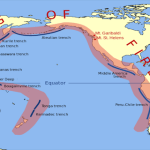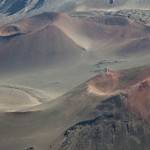Officially known as the Bolivarian Republic of Venezuela, the country consists of a large number of small islands in the Caribbean Sea and, of course, a continental land. The world’s highest waterfall is found here, namely, Angel falls, as well as the Orinoco, which is the second-longest river in South America.
When it comes to its terrain, Venezuela is composed of the Guiana Highlands in the southeast, Ilanos which are central plains, and Maracaibo Lowlands and Andes Mountains in the northwest. The country’s highest point is Pico Bolivar, with 5,007 meters for you to get on and explore its surroundings.
Something that’s definitely worth seeing is the 600, and more, islands or smaller formations that are the Caribbean Islands of Venezuela, as they are home to some of the best beaches of this country.
Vast open planes can be found in the region of Los Llanos, deserted beaches in the northeast, and Amazons and rainforests in the Venezuelan Guayana – therefore, there’s plenty for you to see and visit here.
But, of course, if you are a traveler looking for a new destination to visit – and you happen to choose Venezuela – you might ask yourself “is Venezuela safe to visit”, and we are here to answer that question and any other safety-related questions. So, hang on tight, and let’s start this Venezuela safety guide.
Highest Risks You Expose Yourself to When Visiting Venezuela
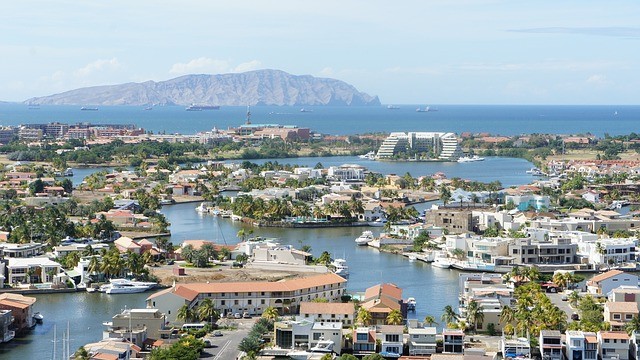
Overall Risks in Venezuela: VERY HIGH
According to this map, all of the regions at the border with Colombia are not safe at all, and all travel in then is not recommended. Venezuela also has one of the highest murder rates in the world, and that is why, as you see on the map, the rest of the country is limited only to essential travel – if travel is truly needed.
The areas near the Colombian border that are advised against all travel are this way because the authorities are trying to prevent the ongoing smuggling operations in them. Because of this, terrorism is not that of a big threat in Venezuela – at least not as big as gun crime, violent crime, and drug-related crime.
It is also worth mentioning that the president of this country has been reportedly attacked by two drones that were meant to kill him – each of them carrying explosives.
Poor health infrastructure and civil unrest contribute to the very high-risk rating of Venezuela. If you plan on traveling through this country, it is recommended that you take all the necessary precautions in order to avoid any unwanted scenarios.
There have been also reported arbitrary arrests and detentions of U.S. citizens, probably due to the political rallies and demonstrations that occur on the Venezuelan streets. The authorities use, in most of the cases, water cannons, pepper spray, tear gas, and even rubber bullets against the people that participate at these rallies.
So, be sure to avoid any crowds and very populated areas – these demonstrations also come with little notice prior to their beginning, so there is the chance that you might get caught into one without knowing.
Pickpocketing and Theft Risks in Venezuela: VERY HIGH
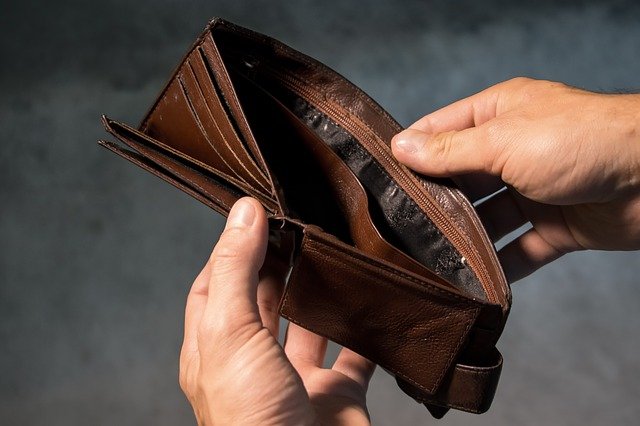
If you’re wondering how safe is Venezuela for tourists when it comes to the most common actions of crime – theft, and pickpocketing -, the answer is that it is not safe at all.
Violent crime is present all over the country. Most common are robberies, thefts, and car-jacking. However, many of these incidents are not due to common thieves, as the presence of organized crime in Venezuela is very high.
Here, criminal gangs have contacts everywhere, from restaurants to hotels, and even airports. You should keep your eyes wide open and avoid any contact with strangers.
Venezuela has its slums as well – as any other country where crime is common. They are called barrios and should be off your list of places to travel to. If you want to avoid being kidnapped, or even killed, you should stay away from these areas and try to keep a low profile as soon as you reach the country.
The Sabana Grande area of Caracas is not recommended to stay in, as well as the Margarita Island. According to various sources, a much safer place for you to stay in would be Chacao.
- How to avoid pickpocketing and theft in Venezuela?
Your Venezuela safety guide should also include tips and precautions you can take to avoid getting robbed, even though it’s most likely to happen. However, we got your back and provide you with some tips on how you can avoid any unfortunate situation.
First of all, as mentioned, be on your toes as soon as you arrive in Venezuela – illegal taxi drivers may approach you and you could be pickpocketed even at the airport. Make sure you don’t display any valuables, such as electronics and jewelry.
Cash should also be handled with care if you don’t want them gone. And, of course, be aware of your surroundings at all times and don’t split from your group.
In case you are robbed, pickpocketed, or such, you must go straight to the authorities and do not engage in conflict with the thieves. They are likely to be armed and they won’t step back if you oppose them. It’s better to leave the situation in the hands of the local police.
Scam Risk in Venezuela: VERY HIGH
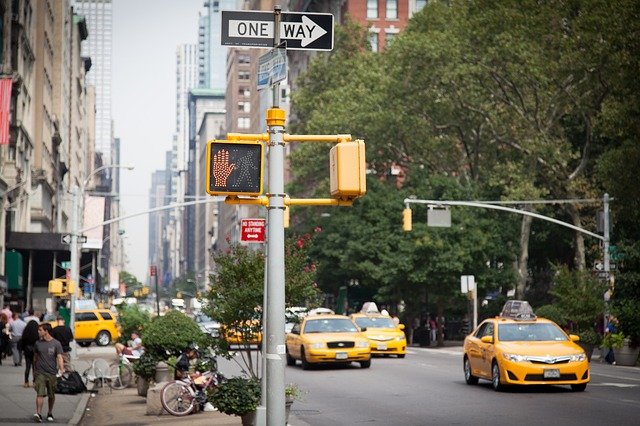
As mentioned before, most of the crime taking place in Venezuela is organized crime. You can, therefore, expect a group of people working together to steal your possessions. Due to political unrest, there’s the chance of large crowds forming in the cities, in which you can get lost very easily – thus becoming a victim of the locals.
Looking for a cab as soon as you leave the airport is also not recommended. Most of them are unauthorized and might get you in a lot more trouble than a little scam that the taxi driver might pull on you. As said before, any common crime is very likely to turn is violent and gun crime if you oppose or show your disagreement with the attackers.
The Simon Bolivar International Airport is the most common place where scams may take place – such as the aforementioned taxi scam, as well as scams involving the use of ATMs.
- How to avoid getting scammed in Venezuela?
When it comes to scams, they are the easiest form of crime to defend against. You can, and should, easily walk away from any strangers that approach you. Do not accept, or give, any help as they might request payment after they help you and you might get pickpocketed by some of their friends while you help them.
When landing at the Simon Bolivar International Airport, you should avoid any ATMs in this area as they are most probably rigged. It’s also much easier for thieves to approach you if you are using an ATM. Instead, consider withdrawing money from inside the banks and storing them safely in your backpack or bag as soon as possible.
There are a plethora of other scams that can be done by the individuals in Venezuela, but if you stick to your goal – which is visiting this country with very little contact with the locals -, you should be just fine.
But, in case anything happens, you should not resist and oppose the attackers – instead, go to the authorities and give them a report of what happened, and let them solve your problems.
While you might be compelled to act against these acts, you should not – most of the criminals in Venezuela are likely to be armed and very dangerous, and this is one very important tip on our Venezuela safety travel tips list.
Kidnapping Risk in Venezuela: VERY HIGH
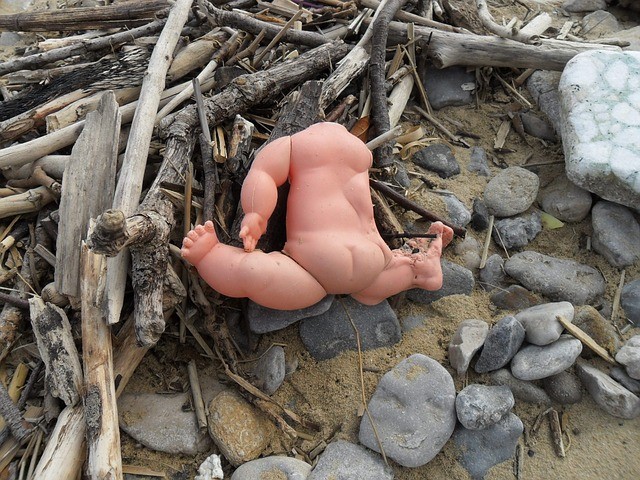
Kidnapping is also very common in Venezuela. It happens so often that it got in the category of common crime. One common form of kidnapping, if we might call it that way, is the arbitrary detaining of the U.S. citizens that visit this country – and by the security forces, as well.
Even though this is not actually a form of crime, it is crime against humanity, as your right to freedom is broken. Furthermore, it is very likely that the U.S. embassy will not be notified by the fact that you have been detained – and on top of that, consular access can be severely delayed or even denied.
However, if we are to talk about kidnappings as a crime done by the criminal groups of Venezuela, it mostly happens in the barrios we mentioned a little earlier. They can be found inside and around every city and are heavily populated, so you could get lost very easily.
Being a tourist and also lost in one of these barrios is not safe at all, as you might get kidnapped without any notice.
- How to avoid being kidnapped in Venezuela?
There are two very important things you must remember if you want to avoid any unwanted scenarios: stay with your group, because yes, it is recommended that you are always accompanied by your traveler friends or by someone trustworthy, and avoid visiting any remote areas of the town and be part of any demonstrations or large crowds.
Of course, taking a walk through the city after dawn is not something you should definitely not be doing while visiting Venezuela.
Therefore, stay on the beaten path, and in case something unfortunate happens, you have to remain calm and try to alert the authorities as soon as possible. Keeping your composure and not resisting the attackers are really the only things you could do if you happen to get kidnapped. Comply with what they request and wait for the police to do their job.
Terrorism Risk in Venezuela: LOW to MEDIUM
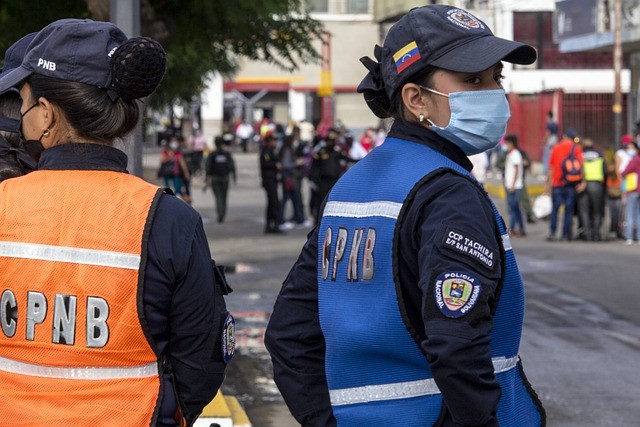
Currently, there are no terrorist groups that threaten or activate in Venezuela. However, terrorist attacks can’t be ruled out. Because of the civil and political unrest in this country, anything could happen.
Therefore, it is advised that you learn how to act in such cases and prepare for anything when visiting a country with such high risks, such as Venezuela.
So, the next thing we advise on our Venezuela safety travel tips is to keep away from any large crowds, public transport – there’s also the chance you get pickpocketed or robbed if you are using this method of traveling -, and public spaces that are usually crowded in general.
- How to avoid terrorism in Venezuela?
As mentioned above, the best thing you can do to avoid any potential terrorist attack is to stay away from places that are susceptible to large crowds or limit the time you spend in them. Popular areas, routes, and buildings are likely to be targeted and, thus, you should either avoid or be extremely cautious while traveling through them.
While you cannot predict a terrorist attack, you can learn what to do if something happens. For example, if you notice anything suspicious, you should not stand and ask yourself any second questions - flee the area and alert the authorities. If something does happen, it is better to just keep calm and get yourself to a safe place.
Risk for Women Traveling Alone in Venezuela: VERY HIGH
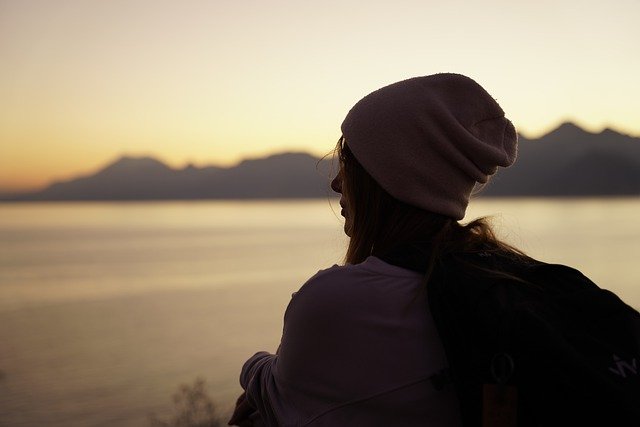
We don’t even have to mention women traveling alone as everyone traveling alone is prone to robbery and pickpocketing. However, a bulkier man might be quite safe in such a country – but not a woman, and definitely not alone.
If the question is Venezuela safe for women travelers has been on your mind because you want to see what this country has to offer, then the proper answer to it would be to either have a group of friends accompany you or a group via your travel agency, or a trustworthy guide – or just reconsider visiting this country. A tourist that is alone is very likely to be targeted by thieves or kidnappers, and that’s something you want to avoid.
You shouldn’t visit any remote areas and keep your travels for during the day – that means no clubbing or partying as clubs are bound to have criminals among them. Keep your traveling to a minimum and only be accompanied by people you trust.
- How to avoid crime as a solo woman traveler in Venezuela?
As you can notice, this particular risk is labeled as "very high" - and for good reason. To keep things short, Venezuela is not suited for solo travelers of any type.
Sure, a bulky person may have it easier on this country's streets, but even they may be targeted by pickpockets and robbers who work in a group. It would be highly recommended for you to travel with a large group of people, preferably in the company of a tour guide as well.
You will need all the protection you need and traveling solo should not be on your list, not even when you leave the accommodation for a visit to the convenience store across the street. This may sound a tad exaggerated, but it is better to be safe than sorry.
On top of that, even when you are traveling with a group, you should avoid displaying large sums of money, gadgets, cameras, or smartphones as well. Keep your outfit and the items you carry with you as simple as possible. Take with you only the essentials when leaving your hotel room. Naturally, carry a copy of your passport and ID - do not have the originals with you!
Rape Risk in Venezuela: VERY HIGH
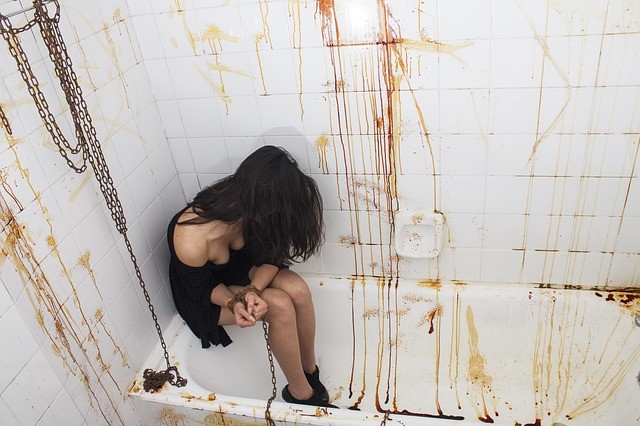
According to one Venezuelan local, the situation can escalate very fast in case you are caught by a band of thieves. One simple robbery can turn into a gunfight, a kidnapping, or even a rape. Because of the very corrupt government, criminals are free to do what they want, basically.
Due to the condition the country is in at the moment, as soon as you notice something suspicious, you should flee the scene. If that’s too late, you should start getting everything you have on you out of your pockets and freely offer them to the attackers.
Therefore, when asking yourself how safe is Venezuela for tourists, you should take into account that you will be treated with less empathy than the locals – and most of them suffer the same things as the tourists.
- How to avoid getting raped in Venezuela?
As said before, the criminals here are heavily armed – upsetting them is something you should avoid. Cooperate and give them what they want. In case things escalate, you should keep calm and leave the area you are in as soon as possible and alert the authorities. But you should also be careful with the police officers you find on your way – it’s best to go straight to the local police office and wait for things to calm down.
Being calm and cooperating is the best way to get out of this unharmed.
Risks for People Traveling with Children in Venezuela: VERY HIGH
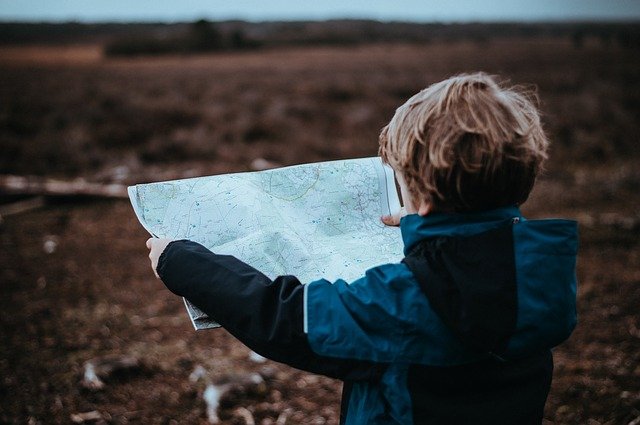
In case you have children traveling with you, they should be under your surveillance at all times. There’s a very high risk that they would get kidnapped.
Is Venezuela safe to visit for adults? Yes, with proper measurements taken – but it is not safe for those that are traveling with children. You are more likely to be targeted by the organized crime groups that will try to get a ransom after they get to kidnap the children.
Therefore, having children on your trip to Venezuela is definitely a no-no.
- How to avoid unwanted scenarios?
If you still want to bring your children to Venezuela with you, be ready to keep them under strict surveillance at all times, so to speak. Obviously, you should not be alone as their guardian - have a friend or a relative accompany you so that there will be someone watching them permanently.
You definitely don't want them to get lost or go too far away from you. If you happen to be in Venezuela at the crowded time of the year, so to say, you will have a very hard time finding your child among hundreds of people.
On top of that, you also have to make sure that their health is not at risk. This means packing extra medicine as well as a first-aid kit that they may require. You can never be too cautious when it comes to having your children accompany you on your trip.
Some may say that, once you decide to bring them with you, it's no longer your trip, but theirs. This is mainly because you'll have to take care of them constantly and leave little to no time for the things you wish to do.
Natural Disaster Risks in Venezuela: MEDIUM to HIGH
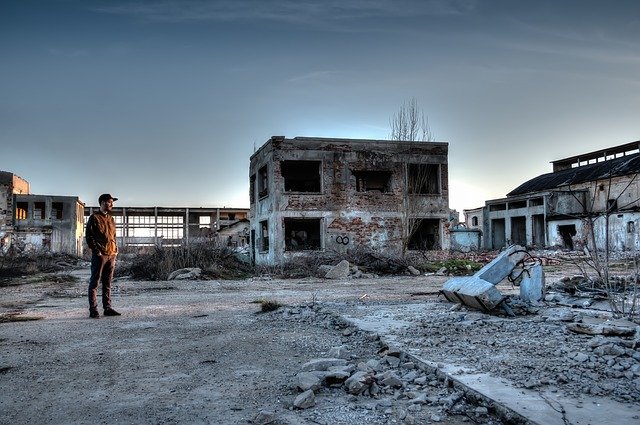
Venezuela is prone to earthquakes, flooding, and a fierce hurricane season.
Your Venezuela safety guide should also include the times when these disasters could happen, as well as the measurements you’ll have to take if they take you by surprise. Luckily, we can fill in that entry for you.
In case of an earthquake, the basic rules apply with the recommendation that you should check the news closely – as they may report which places will be used as gathering places – and follow closely the advice of the authorities, as they will lead you to safety.
The rainy season is taking place from May to November. The Llanos and some valleys in the Andes, in the Merida State, might be affected by flooding, which in turn would cause the disruption of services, infrastructure, and transport. Therefore, plan your holiday carefully and avoid this time of the year.
The last natural disaster Venezuela is prone to, the hurricanes, have a season that starts on the first of June and ends on the 30th of November. You should watch the news and listen to the radio weather reports carefully. Again, following the advice of the authorities is recommended, as they know how to deal with such situations.
Transportation Risks in Venezuela: MEDIUM to HIGH
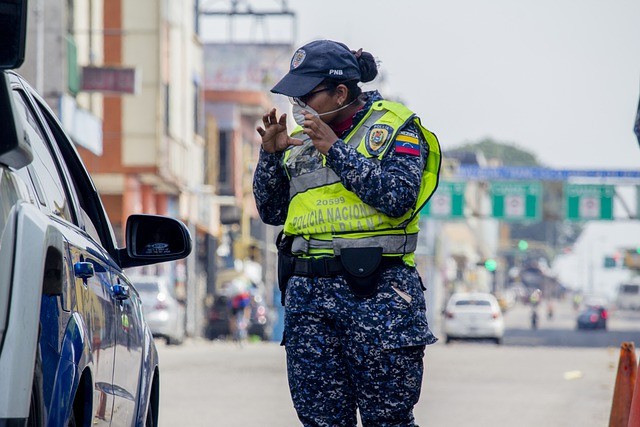
It is highly recommended that, before you set out with your car, you get some local advice about the road condition and about the status of the areas you plan to pass through.
This is because roads lack maintenance and can be easily affected by heavy rains and such. Naturally, don't even think about traveling after dark - better stop at the accommodation and spend the night there.
You should also make sure that you have enough fuel for your trip. According to several sources, Venezuela is often faced with fuel shortages and you may find only low-octane petrol at gas stations. Given the precarious situation of the country, you should always carry your passport, driving license, and insurance documents with you. If the police stop you and fail to present any of these documents, they may seize your vehicle.
Throughout the country, you will find regular National Guard and police checkpoints. When approaching them, drive slowly and stop your vehicle if you are requested to do so. Keep in mind that some police officers may ask for bribes. You cannot avoid this, so make sure to request a written record of the sum you have to pay which includes details of the offense, as well as the details of the officer charging you.
Lastly, you should avoid stopping in Caucagua, east of Caracas, as a high number of rather violent incidents have been reported here.
Night-Clubs, Pubs, and Bar Risks in Venezuela: HIGH
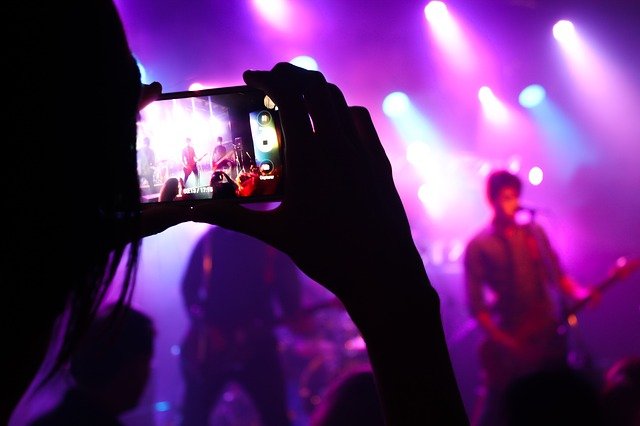
As mentioned above, clubbing should not be something you want to do in Venezuela, mainly due to the high number of pickpockets and robbers that happen to be in such places. It is better if you avoid any nightclubs, pubs, and bars while visiting this country.
Even though locals may be friendly and guide you to the nearest museum, you cannot expect such things from strangers that you meet in a bar - they may be drunk or have malicious intentions.
On top of that, keep in mind that the risk of crime is much higher after dark in Venezuela. So, while you may be safe in a nightclub or pub, you may not be entirely safe while coming to or leaving such a location.
For example, the surrounding areas of popular nightclubs are the perfect place for thieves and pickpockets to approach those that decide to walk back to their accommodation. Ensure that you can rely on a reputed, trusted taxi company that you can call at any time and ask for their services.
In this respect, you can ask the staff of your accommodation to give you details about the recommended taxi companies of that area, as well as of the locations that you should stay away from. Given the risks that this country comes with, it is better if you limit yourself to the bar within your accommodation and don't drink too much - tipsy may be safe, but drunk is what you should not be in a foreign country.
Health Risks in Venezuela
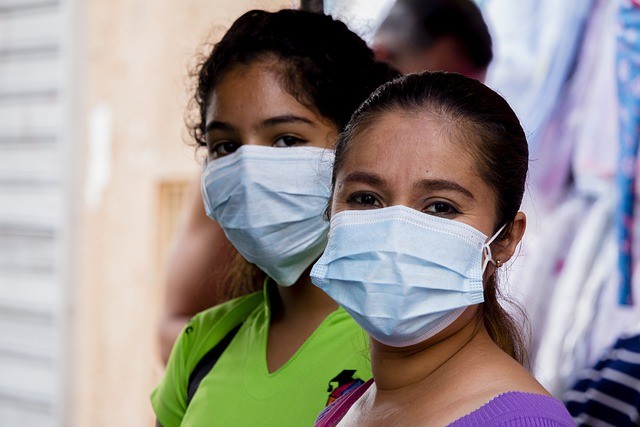
First of all, you may not find the medicine you want or need in Venezuela. Due to the economical crisis, a shortage of 80% of medical supplies has been reported across the country. Therefore, if you need any medication, make sure to bring enough for your stay, as well as extra - in case your flight is delayed and you have to spend more time than predicted in Venezuela.
When it comes to the country's medical facilities, keep in mind that they vary widely in quality. For example, private clinics are quite common in large cities, but they can only provide you with acceptable quality care for certain routine treatments.
On top of that, they are still prone to shortages of medical supplies. In case of a more complex treatment, such clinics will have to evacuate you to another country. In this respect, ensure that you have enough funds to cover the costs of any treatment or medicine that you may need - including the costs of an emergency evacuation.
Venezuela is classified as having a risk of transmission of the Zika virus. Get informed on how to protect yourself from this virus and take the required measures when arriving in the country. Moreover, malaria and dengue fever are also present within the country. Southern and central states are usually the most affected, mainly during or after the rainy season - from September to March.
You should also take precautionary measures to avoid being bitten by mosquitoes while in Venezuela, as there have been cases of the Chikungunya virus confirmed here. Bring an insect repellent with you - they may be difficult to purchase locally. Also, tap water is not safe to drink here. To avoid any infections or viruses, use only bottled or boiled water and don't use ice in drinks.
List of Vaccines You Need in Venezuela
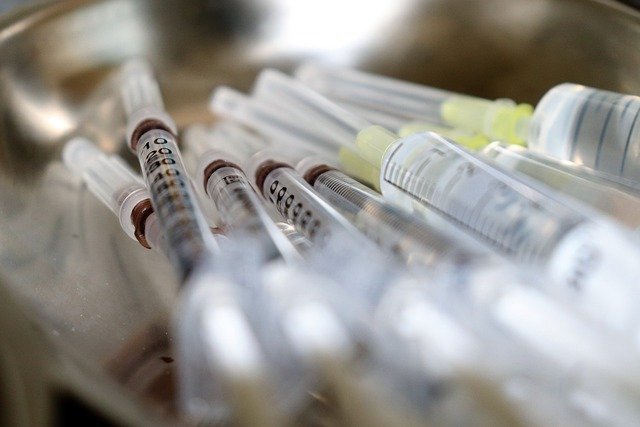
In terms of health, Venezuela is safe for tourists if you have the recommended vaccines and immunizations taken; therefore, here’s a list of those that you will need when traveling to Venezuela:
- MMR Primary Boosters
- Tetanus
- Hepatitis
- Yellow Fever
- Malaria – supply yourself with Malaria mosquito nets and anti-Malaria medication
- Schistosomiasis – bathing and swimming in streams and freshwater lakes is strongly advised against, as you might get yourself one of these parasitic infections
- Dengue Fever – quite common in Venezuela; you should avoid Mosquito bites by preparing yourself carefully: appropriate clothing, mosquito nets, and even sprays
Most Dangerous Areas in Venezuela
- within 80km of the Colombian border.
- within 40km of the Brazilian border.
- Zulia State
- Caracas - mainly due to civil unrest and demonstrations.
Concluding Remarks: Is Venezuela Safe to Visit?
Ending our Venezuela safety guide, we tell you that, despite being a beautiful country with a lot of things to offer, with the current state of political and civil unrest that this country is in, you should reschedule your visit for when the situation improves.
However, if you are determined, you should be on your toes at all times – and ready to run, in most cases – as being safe in this country is something quite hard to achieve. Be prepared and keep calm!



